“Neither Parliament, Nor the Executive is supreme, The Constitution is supreme,” a sharp constitutional debate has erupted between Vice-President Jagdeep Dhankhar and senior advocate and Rajya Sabha MP Kapil Sibal, following the Supreme Court’s recent directive that the President of India must decide within three months on bills reserved by governors for her assent.
The controversy has reignited the perennial question: which institution is truly supreme in India’s constitutional framework—the Parliament, the executive, the judiciary, or the Constitution itself?
Dhankhar’s Assertion: Parliament’s Primacy
Addressing students at Delhi University, Vice-President Dhankhar, who also serves as Chairman of the Rajya Sabha, emphatically declared that “Parliament is supreme” and that the Constitution does not envisage any authority above it.
Dhankhar argued that elected representatives are the ultimate masters of the Constitution’s content and that Parliament’s supremacy is as fundamental as the sovereignty of each individual citizen in a democracy.
Dhankhar further contended that constitutional functionaries are not merely ceremonial or ornamental, and that every word spoken by such authorities is guided by the supreme national interest.
Dhankhar’s remarks were made in the context of his criticism of the Supreme Court, which he accused of acting as a “super Parliament” by prescribing timelines for the President and governors to act on legislation.
Vice President Dhankhar described the Supreme Court’s use of Article 142—empowering it to do “complete justice”—as a “nuclear missile” against democratic forces, questioning the judiciary’s authority to direct the President in such matters.
Kapil Sibal’s Rebuttal: The Constitution is Supreme
In a pointed response, Kapil Sibal, a former Union Minister and current president of the Supreme Court Bar Association, countered Jagdeep Dhankhar’s claims on social media.
Sibal asserted, “Neither Parliament nor the Executive is supreme; the Constitution is supreme. The provisions of the Constitution are interpreted by the Supreme Court. That’s how this country has understood the law so far”.
Kapil Sibal emphasised that the Supreme Court’s recent judgments, including those criticised by government functionaries, are consistent with constitutional values and guided by the national interest.
Sibal also highlighted the distinct roles assigned by the Constitution: Parliament possesses plenary power to pass laws, while the Supreme Court has the obligation to interpret the Constitution and ensure complete justice under Article 142.
On the Dignity and Neutrality of Constitutional Offices
Kapil Sibal further criticised what he described as a politically tinged stance from the Rajya Sabha chair, cautioning that presiding officers must remain equidistant from both the opposition and the ruling party.
Sibal warned that any perception of partisanship undermines the dignity of the constitutional office, insisting that no Speaker or Chairman should be seen as a spokesperson for any party

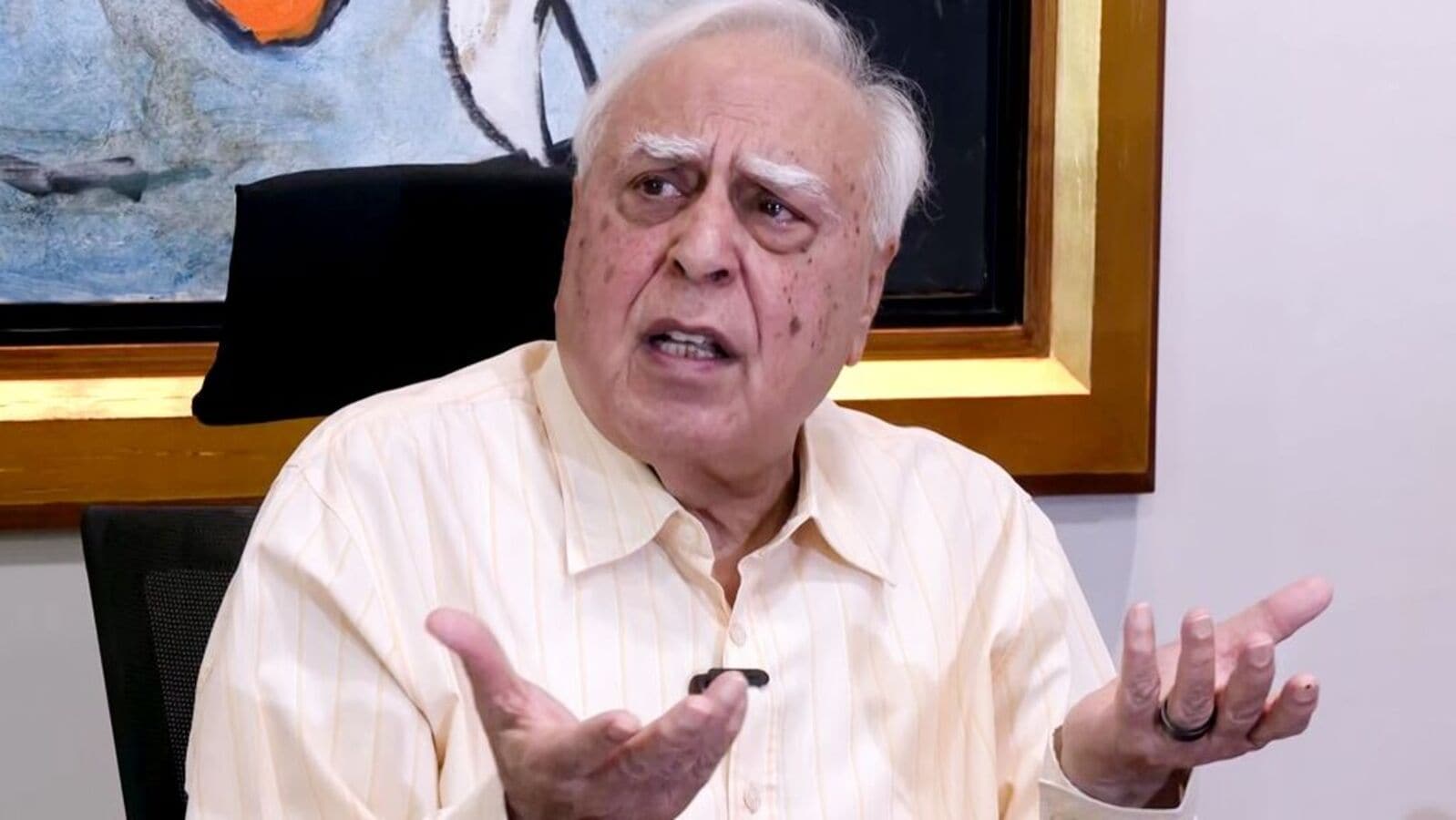

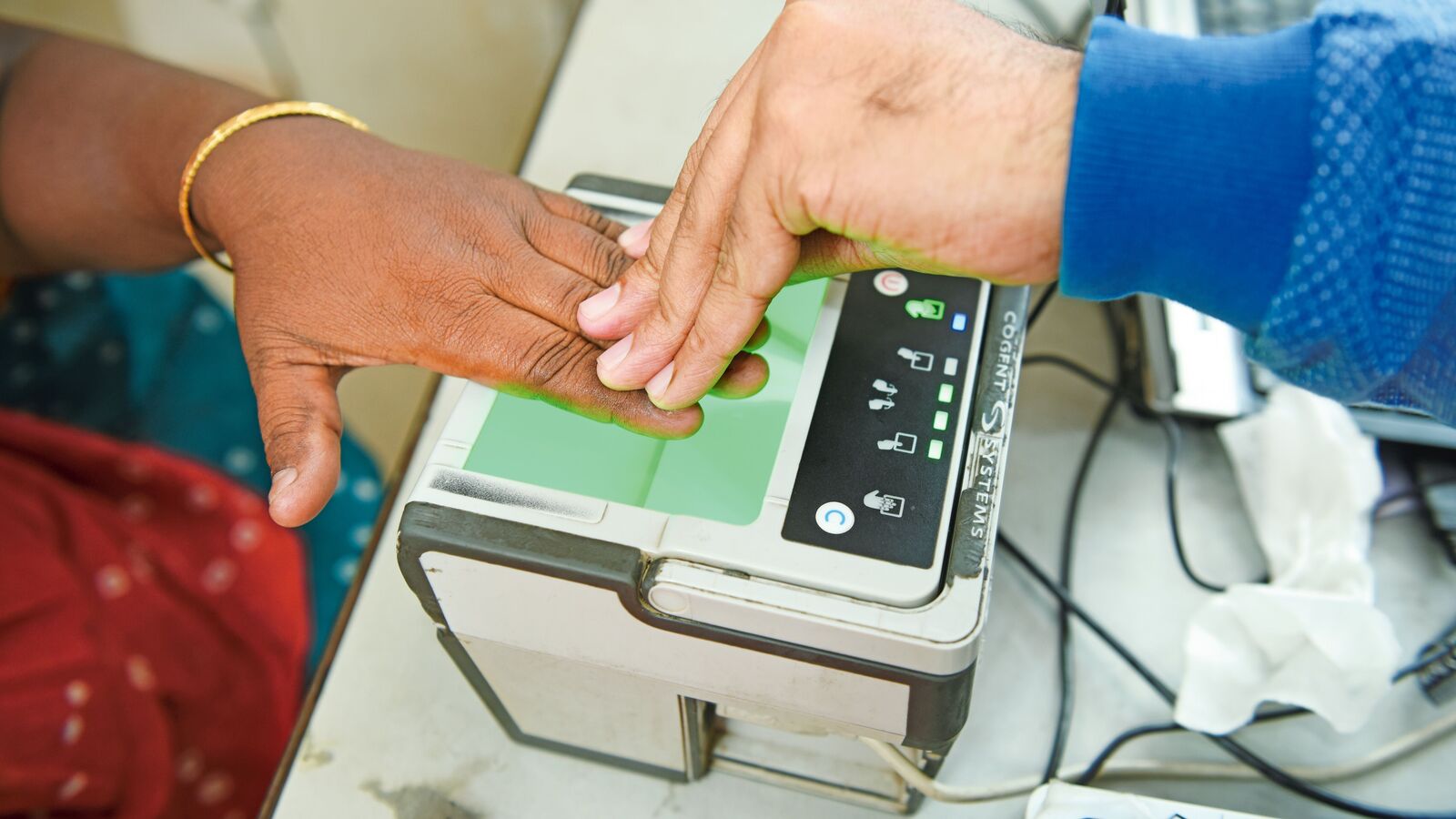
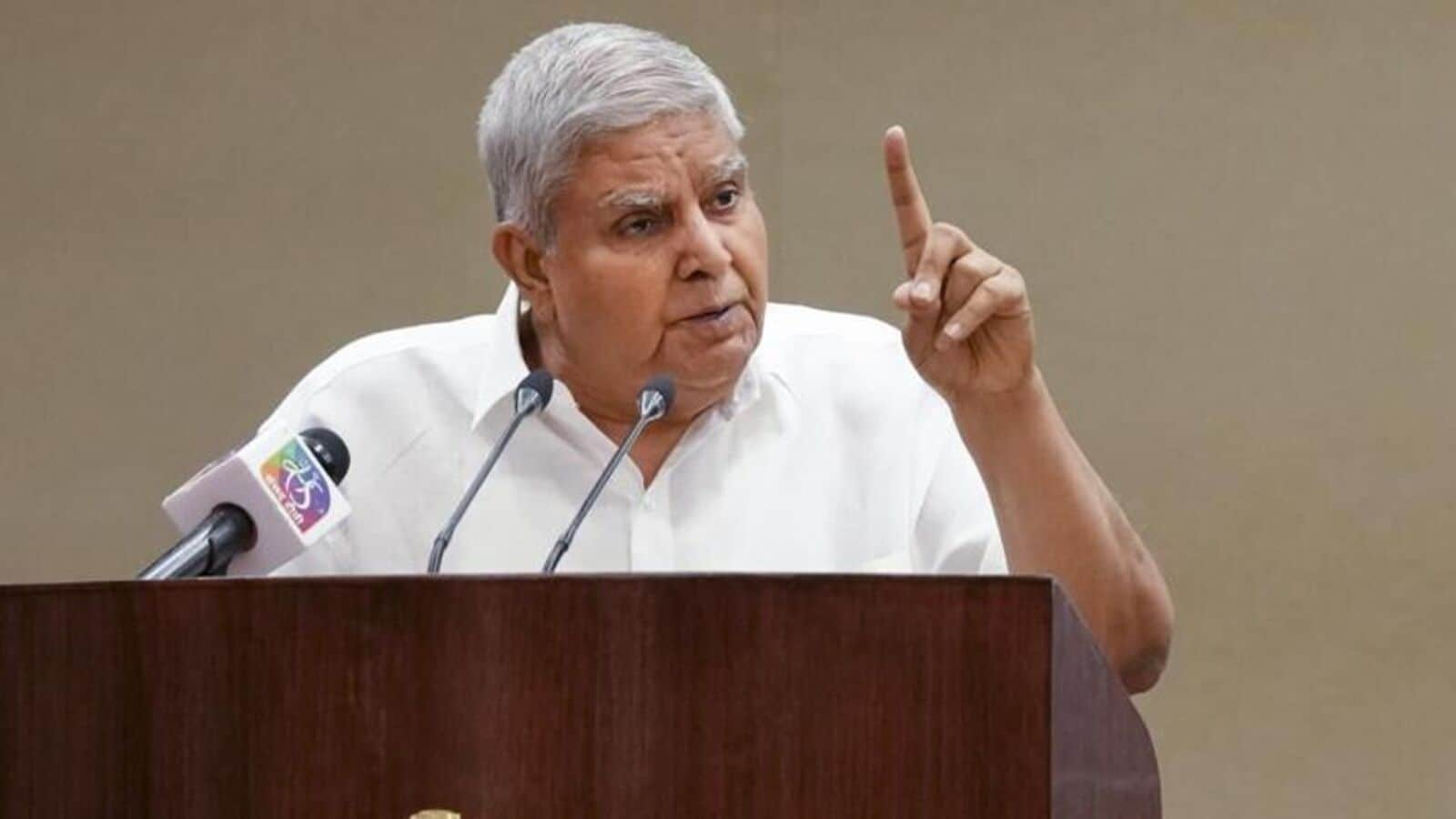
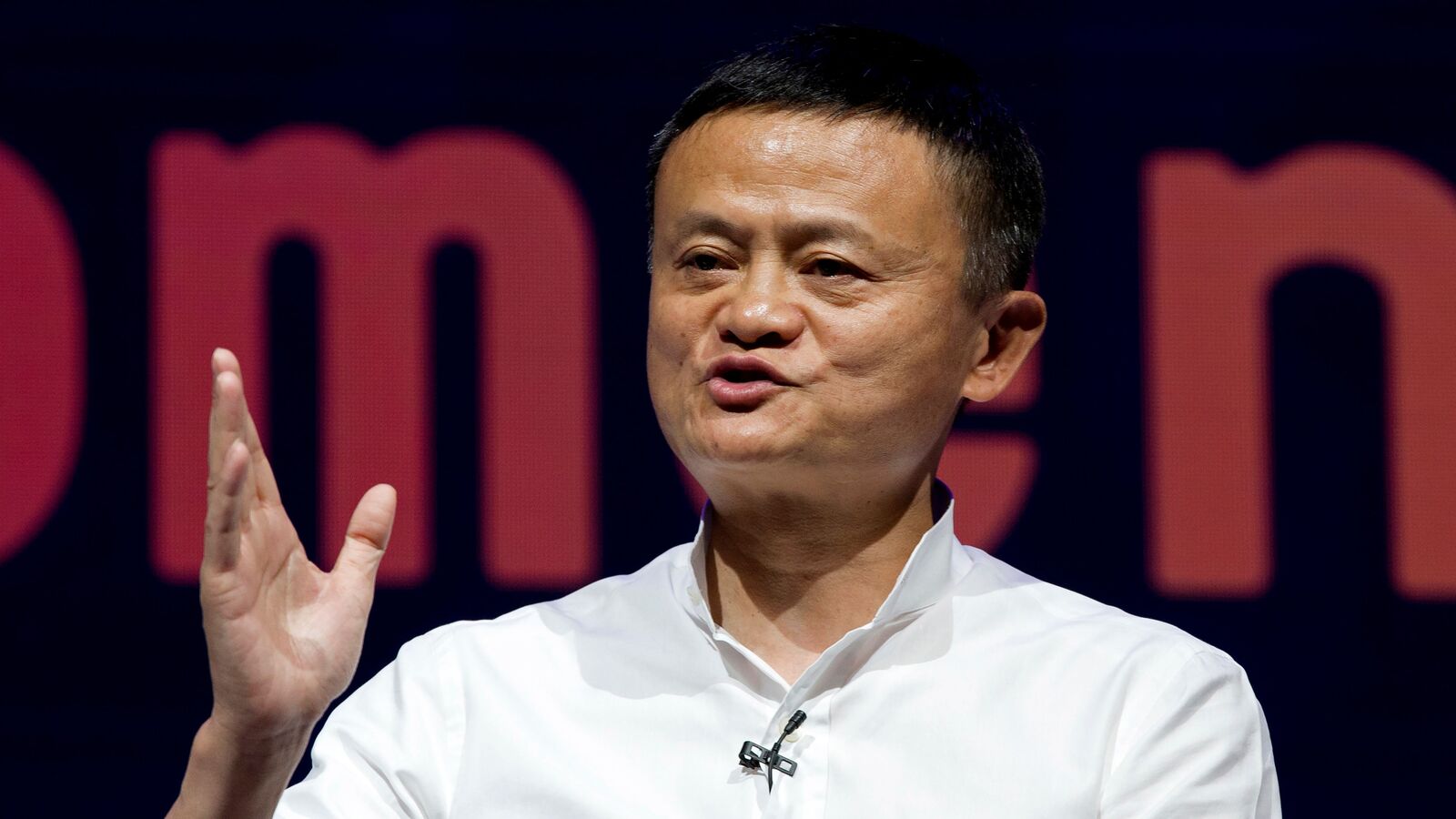
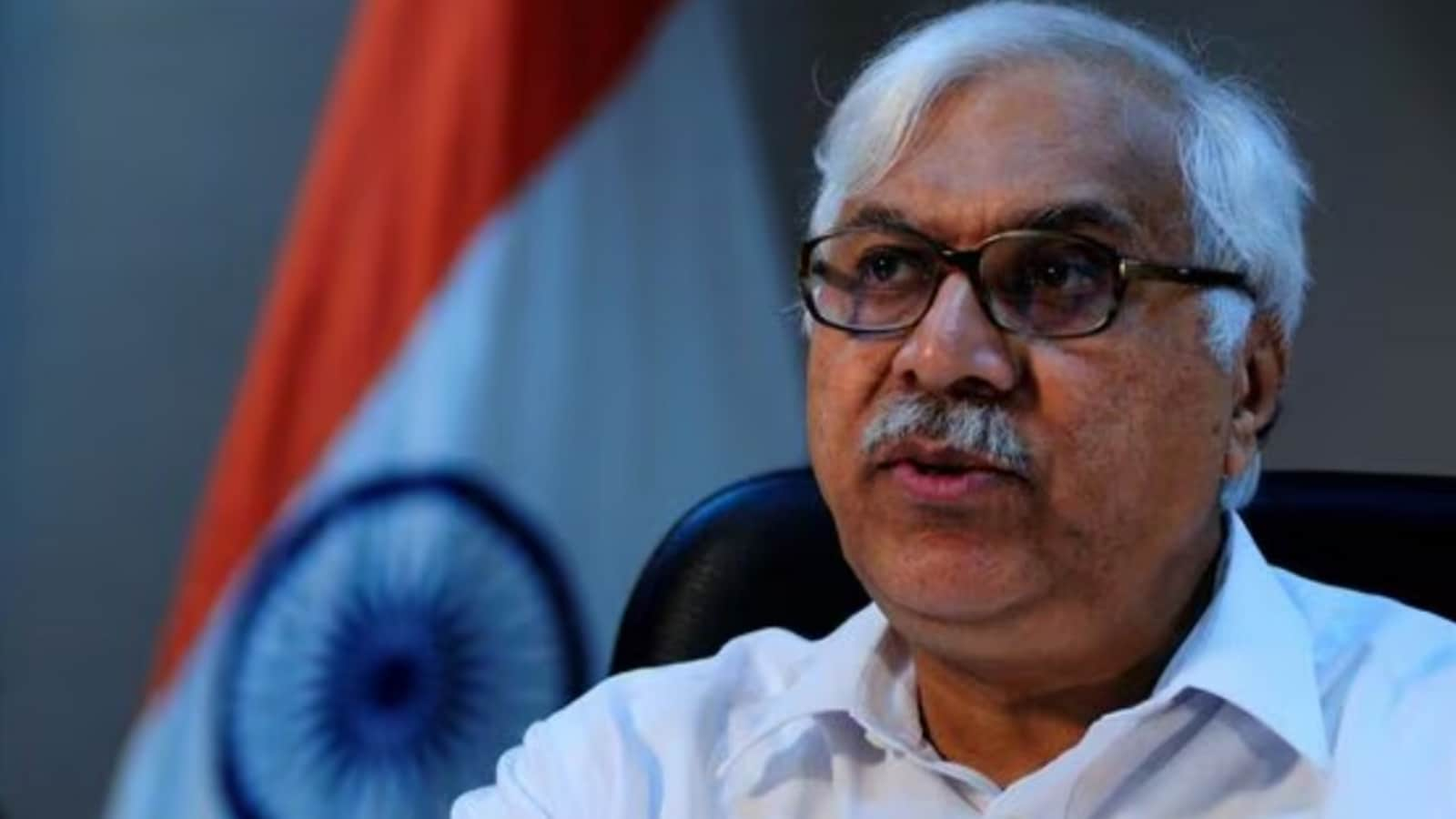
Leave a Reply